20
Pledges
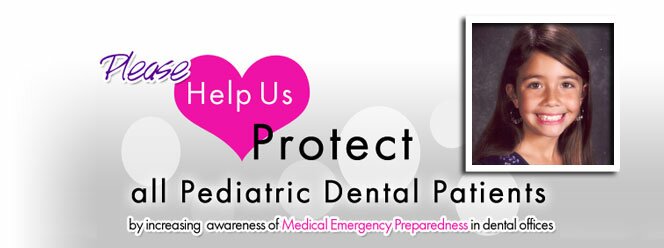
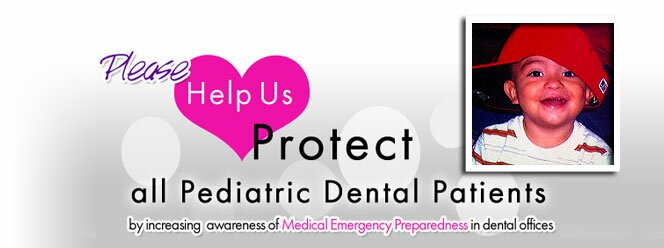

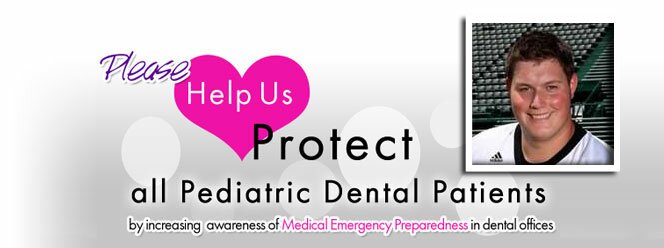
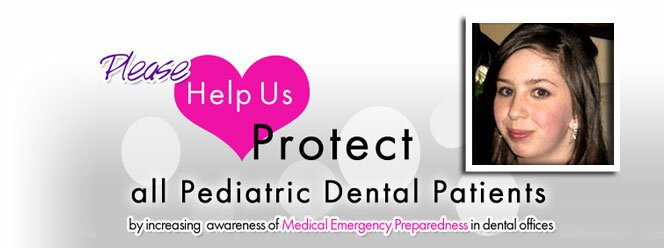
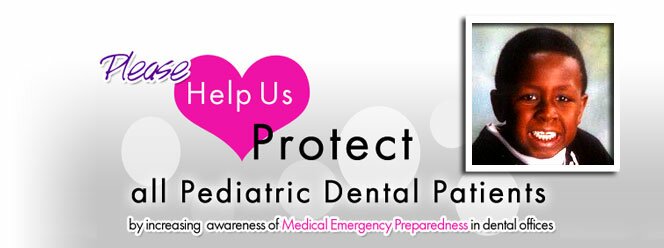
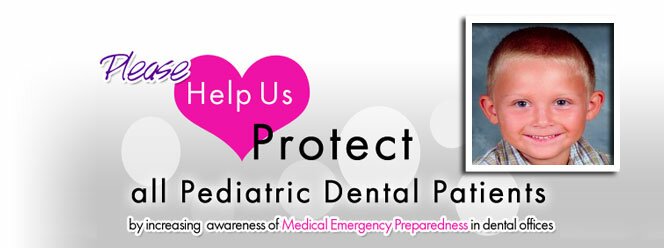

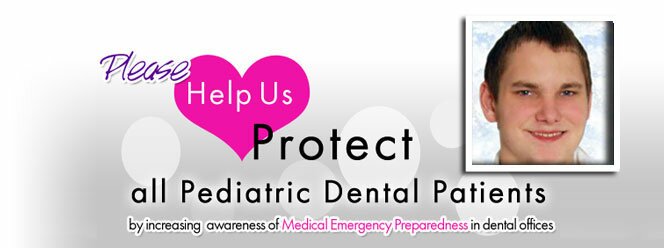
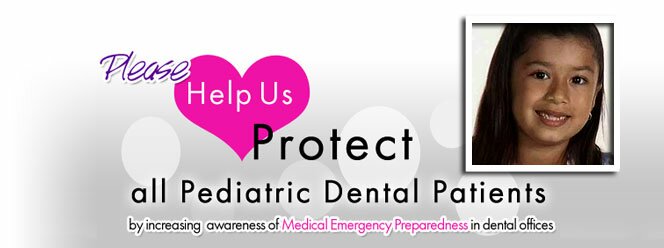
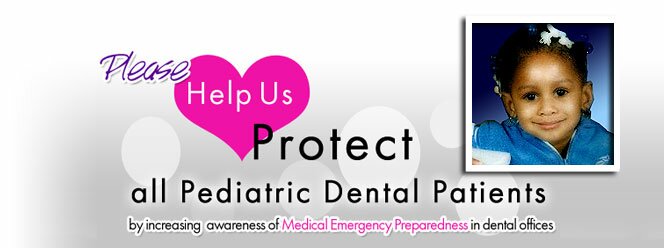
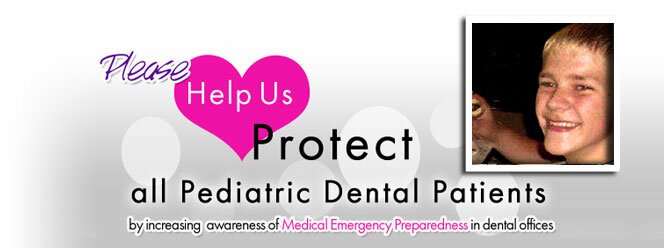
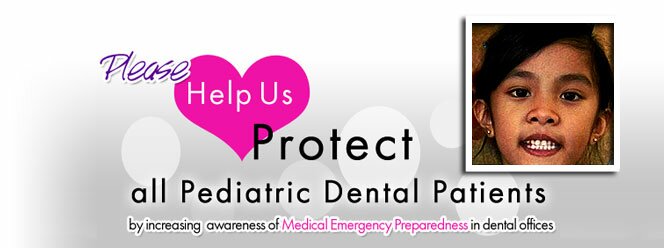
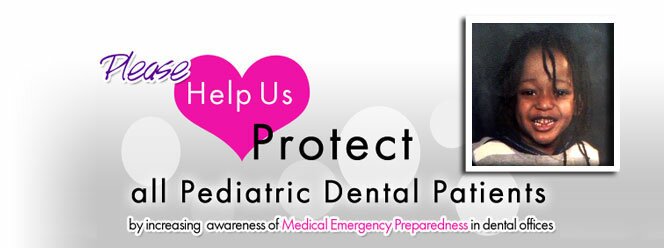
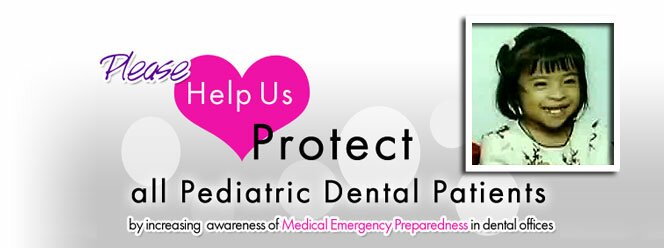
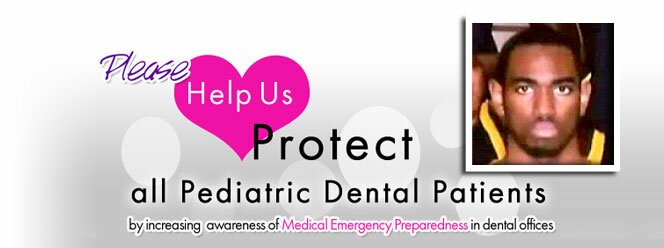
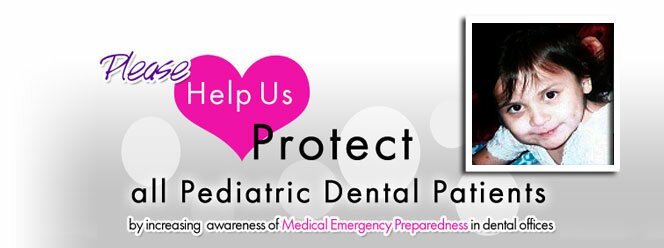
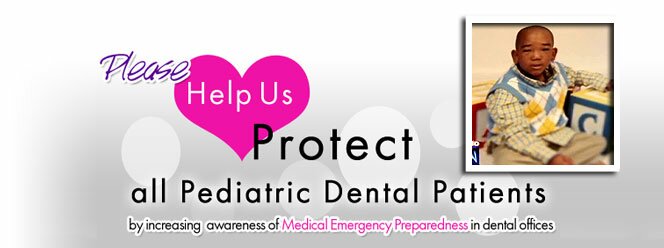
Written by: Sarah Selbe
 A child’s oral health is a major contributor to a child’s overall health and well being. But how to go about choosing a dentist can be an incredibly overwhelming experience. With the rise of dental deaths across the country, how do you make sure you can trust the dentist you choose with your child’s life?
A child’s oral health is a major contributor to a child’s overall health and well being. But how to go about choosing a dentist can be an incredibly overwhelming experience. With the rise of dental deaths across the country, how do you make sure you can trust the dentist you choose with your child’s life?
This article is just a starting point for finding a well trained, and well prepared pediatric dentist that you and your child can build a lasting relationship with. As most parents know, each child is unique and you may need to modify or add questions to fit your child’s individual needs. The best thing you can do for your child is to make sure you do your research.
The Basics
The main difference between a pediatric dentist and a family dentist is training; pediatric dentists are like the pediatricians of dentistry. They have an additional two to three years of training to help them work with and understand children better. Some are trained in the area of child psychology, while others develop skills on how to handle the special oral needs of children from infants to adolescents. These skills can include ways to teach kids good oral hygiene and how to calm the anxiety some children have when visiting the dentist.
The Search
A good place to start any search is through recommendations from your peers. The same goes when looking for a dentist. Ask your friends, other parents, daycare providers, or even your pediatrician. Get several recommendations and call them all. Even if you think you may have found the best from an initial phone call, you may get there and find it wasn’t as appealing as it originally sounded. Some basic questions you may want to ask could include:
- Does the dentist have any special training or interest in children?
- Does the practice accept your child’s dental plan? Are there any other costs should you factor in?
- Most dental plans require a co-pay before a child can be seen. Find out if your insurance will cover a consultation where you are able to meet the dentist without any work being done.
- Ask if you can schedule a consultation for you and your child to meet the dentist.
- Is the dentist a member of the American Dental Association, American Academy of Pediatric Dentistry, or any other society’s/associations?
- If ever you are unhappy, or unsure about your child’s procedure, many societies offer a peer review where you case may be heard and evaluated.
- Where is the office located? Do they have more then one office in the area?
- What are their operating hours? What is their procedure for after-hour dental emergencies?
- Is the office set up for children? (Do they have child-sized furniture, books, toys, tv or movies?)
 There are several benefits to meeting with the dentist prior to having any work done on the child. Most importantly, it gives your child a chance to interact with the dentist and staff without any anxiety. You as a parent can see how the dentist and staff interact with your child. Another advantage is you can ask the dentist more in-depth questions and ask to see certifications and certain equipment. The top six questions to ask a dentist are outlined here.
There are several benefits to meeting with the dentist prior to having any work done on the child. Most importantly, it gives your child a chance to interact with the dentist and staff without any anxiety. You as a parent can see how the dentist and staff interact with your child. Another advantage is you can ask the dentist more in-depth questions and ask to see certifications and certain equipment. The top six questions to ask a dentist are outlined here.
- What is the training of the doctor and staff in the office toward medical emergency preparedness? Is this training renewed annually?
- Are the doctor and staff trained in BLS/CPR/PALS? How often is this training renewed?
- Every state has different regulations on the maximum amount of time between each renewal. Check your local regulations to make sure your dentist meets these.
- Does the office practice mock drills on a regular basis? If so how often?
- Mock drills are much like the emergency drills you had when you were in school. Their purpose is the same; by practicing what to do in an emergency, when it happens everyone can work together as a team in a calm and professional manner.
- Does the office have an Emergency Guide (Emergency Response Protocol Guide)? Ask if you can see it.
- An Emergency Guide would be similar to a ‘how-to’ guide. Everyone knows that it is easy to panic during an emergency, but with an Emergency Guide in place the team has a easily accessible book to refer to in an emergency situation.
- Does the office have the necessary equipment and appropriate medications to handle medical emergencies? (Automated external defibrillators, emergency drug kits, vital sign monitors, portable oxygen) If so, ask if you can see them and if you can check the corresponding expiration dates.
- If the office does not have all of the emergency equipment recommended, do not rule them out immediately. Ask if any procedures involving sedation can be done in a hospital. There they have all the necessary staff and equipment to handle an emergency.
- Ask if you can stay with your child during his/her procedure (should not be an issue for a child who is NOT being sedated). If your child IS being sedated and the answer is no, then ask how your child will be monitored from pre-sedation through post-sedation (a return to full consciousness). Ask who will be with your child during this process
The best dentist for you and your children is one you can be confident in.
What to Expect
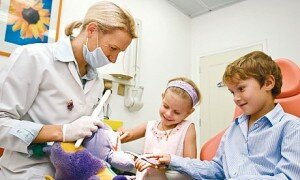 Once you choose your dentist, there are a few things you should expect at your child’s first appointment. A good pediatric dentist will take an almost personal interest in your child’s overall health and well being, and this should be evident. The equipment should be appropriately sized for your child’s mouth. While the dentist is examining, he or she should be able to explain the procedure in a way he or she can understand. After the examination the dentist should take time to show your child appropriate oral health (brushing, flossing, and rinsing).
Once you choose your dentist, there are a few things you should expect at your child’s first appointment. A good pediatric dentist will take an almost personal interest in your child’s overall health and well being, and this should be evident. The equipment should be appropriately sized for your child’s mouth. While the dentist is examining, he or she should be able to explain the procedure in a way he or she can understand. After the examination the dentist should take time to show your child appropriate oral health (brushing, flossing, and rinsing).
After the Visit
Following the appointment take some time to review.
- Were you seen promptly?
- How did your child react to the appointment? (If old enough, ask the child)
- Were you asked for a complete medical and dental history?
- Did you feel that the dentist and staff took a personal interest in your child’s health? Or did it feel like more of an assembly line practice?
- Do you feel comfortable with the dentist? Did he or she explain an at-home regiment that you and your child should implement? Was the explanation easy to understand and follow?
- Were you comfortable with the results of the examination? Did you feel that the results were what you expected?
- If you are concerned with the results seek a second opinion.
- Did the dentist and staff answer your questions thoroughly? Were you satisfied with their answers?
If you're looking for an affordable dentist that values both your oral health and your budget, you've come to the right place.
Choosing a health care professional in any practice can be intimidating. Parents have to find someone they trust with their child’s life that they hardly know. Questions are knowledge, so make sure that you trust your child’s life with a true professional. If at any time you are unhappy with your dentist, speak up. If your concerns are put off or unaddressed, find a different dentist. Never be afraid to speak up or stop treatment, if something seems seriously wrong or off. Our children’s futures are in our hands; let’s make sure they grow up healthy and happy.


